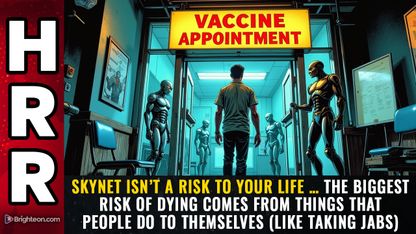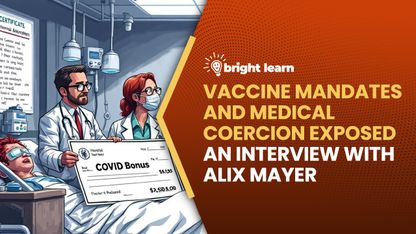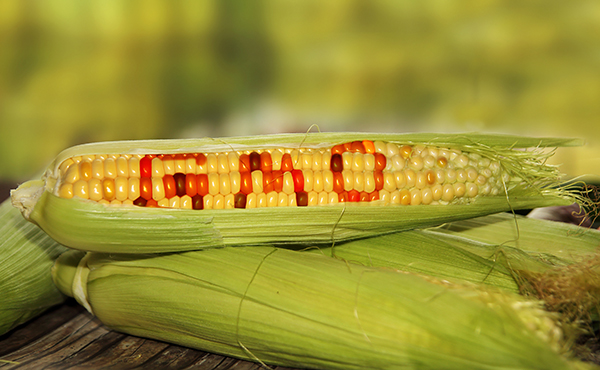
And when the antibiotics were removed, the bacteria maintained their new-found resistance. This finding is probably not what scientists were hoping to uncover, as we are in the midst of a growing number of antibiotic-resistant strains of bacteria.
Bacteria undergo unexpected evolutionary changes
The study was conducted in England, at the University of Exeter. For their experiment, the team exposed E. coli bacteria to eight rounds of antibiotics over the course of just four days, so they could study what DNA changes took place. The antibiotic of choice, doxycycline, is used to treat a variety of bacterial infections. The results were shocking: not only did the bacteria become increasingly resistant to the antibiotics, but the mutated bacteria began multiplying at a much faster rate.
With these newly developed changes, the E. coli bacteria were able to triple the size of their populations. This phenomenon was only seen in the bacteria that were exposed to the antibiotics. And even when the antibiotics were taken away, the mutations remained present and active. [RELATED: Keep up to date with the latest superbug headlines at Superbugs.news]
Following the E. coli's evolution into a "superbug" population, the researchers froze the bacteria at a safe -112° F. From there, the scientists were able to use genetic sequencing technology to determine what DNA changes took place and enabled the bacteria to evolve in such a remarkable fashion.
The study's lead author, Professor Robert Beardmore, commented, "Our research suggests there could be added benefits for E.coli bacteria when they evolve resistance to clinical levels of antibiotics."
Beardmore went on to note that though Darwinian evolution is often considered to be rather slow, that belief really couldn't be further from the truth -- especially when it comes to bacteria that are exposed to antibiotics.
"Bacteria have a remarkable ability to rearrange their DNA and this can stop drugs working, sometimes in a matter of days," explains the professor. Beardmore says that while such sudden changes can be very dangerous to human cells, for bacteria like E. coli, the changes can actually be beneficial, provided that the right changes are made.
And it certainly seems that the right change were made. Their in-depth analysis showed that that the bacteria began producing more "antibiotic pumps," which are a feature the microbes use to push antibiotics out of the cells.
Another notable development was loss of DNA that is known to outline a dormant virus. Study co-author Dr Carlos Reding explained, "Our best guess is that losing viral DNA stops the E.coli destroying itself, so we see more bacterial cells growing once the increase in pump DNA allows them to resist the antibiotic in the first place."
Antibiotic resistance is a growing problem
Dr. Mark Hewlett, also from the University of Exeter added that while it is often believed that using a high dose of antibiotics can prevent the development of antibiotic resistance, the team's research demonstrates that this simply is not true. Hewlett says that their paper shows resistance can indeed be developed even when antibiotics are administered with a heavy hand. He added that bacteria can and do change in ways that are "not beneficial to the treatment of certain types of infections" -- which is putting it rather mildly.
Antibiotic resistance is considered to be one of the biggest threats to global health, food security, and development by the World Health Organization (WHO). The WHO says that misuse and overuse of antibiotics in humans and animals is one of the prime contributors to the rise of antibiotic resistance. There are many natural alternatives to antibiotics that can often be used to treat certain conditions. Colloidal silver, garlic, oil of oregano, and manuka honey are just a few of the great options out there. [RELATED: Learn more about natural remedies at NaturalCures.news]
The issue of antibiotic-resistant bacteria simply will not go away unless we stop unintentionally creating drug resistant bacteria.
Sources:
Please contact us for more information.























